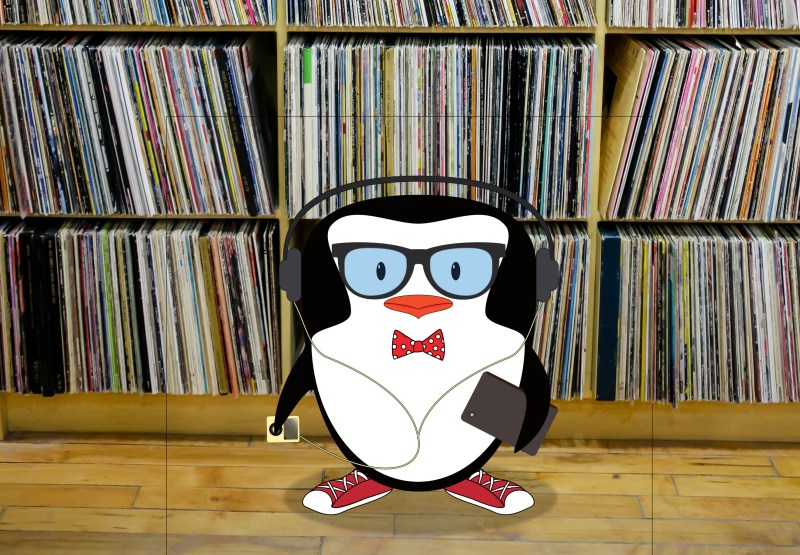Getting a home music streaming system off the ground is typically a straightforward task. Using Apple devices with Airplay makes this task trivial, but if you’re a computing purist like [Connor] who runs a Linux machine and wants to keep it light on extra packages, the task gets complicated quickly. His goal is to bring audio streaming to all Linux platforms without the need to install a lot of extra software. This approach is friendly to light-footprint devices like the Raspberry Pi that he used in his proof of concept.
[Connor] created a set of scripts which allow streaming from any UNIX (or UNIX-like) machines, using only dependencies that a typical OS install would already have. His Raspberry Pi is the base station and streams to his laptop, but he notes that this will work between virtually any UNIX or Linux machine. The only limitation is what FFmpeg can or can’t play.
We definitely can appreciate a principled approach to software and its use, although it does seem that most people don’t have this issue at the forefront of their minds. This results in a lot of software that is bulky, making it difficult to maintain, use, or even know what it does, and also makes it harder for those of us that don’t want to use that type of software to find working solutions to other problems. It’s noble that [Connor] was able to create something without sacrificing any principles.
















Minidlna is my goto. Most “smart” devices will detect it and let you stream audio or video files as if they were local to the device. The only stumbling point I have found is that my very old files are no longer playable by anything by VLC.
Forever ago I picked up an NCD X terminal that supported the Network Audio System. It was kinda funny streaming 8kHz ulaw audio like that. Command line experience worked like this, actually.
https://github.com/keredson/gnomecast lets you stream to google home or chromecast devices and is open source.
Does It work in the other way around? I mean, like a Chromecast receiving streams
VLC will stream to Chromecasts out of the box. I never knew that til idly clicking around one day!
I remember trying that when it was still in alpha, it couldn’t detect my Chromecast so I gave up. Thanks for the update on that!
What about using frooble to pass data to booble, using the bramble framwork, dependant on the trumble architecture and servers, that communicate with puffle, to pass data to druffle, to enable muffle to fluffle the socksifier.
more frameworks == better!
if it doesn’t need dozens of servers, services, and frameworks that all seem to want some personal data, than it’s just trivial crap.
Okay, Bill,
I appreciate your input, but would you please include references to the man pages?
There are no man pages, these are frameworks, that need internet access to do the local tasks. Internet and cloud makes everything better, because you share all your data!
All you do is issue simple cloud api commands, your data is automatically shared! it’s that simple! Just share your data!
Is that particular penguin a Joe Kim original?
If your shell is Bash, then you don’t need any other tools to connect over TCP. Just redirect to or from /dev/tcp/$server/$port.
I didn’t know this, very cool! Thanks for the tip :-)
(This was in response to Daniel, the reply function didn’t seem to work)